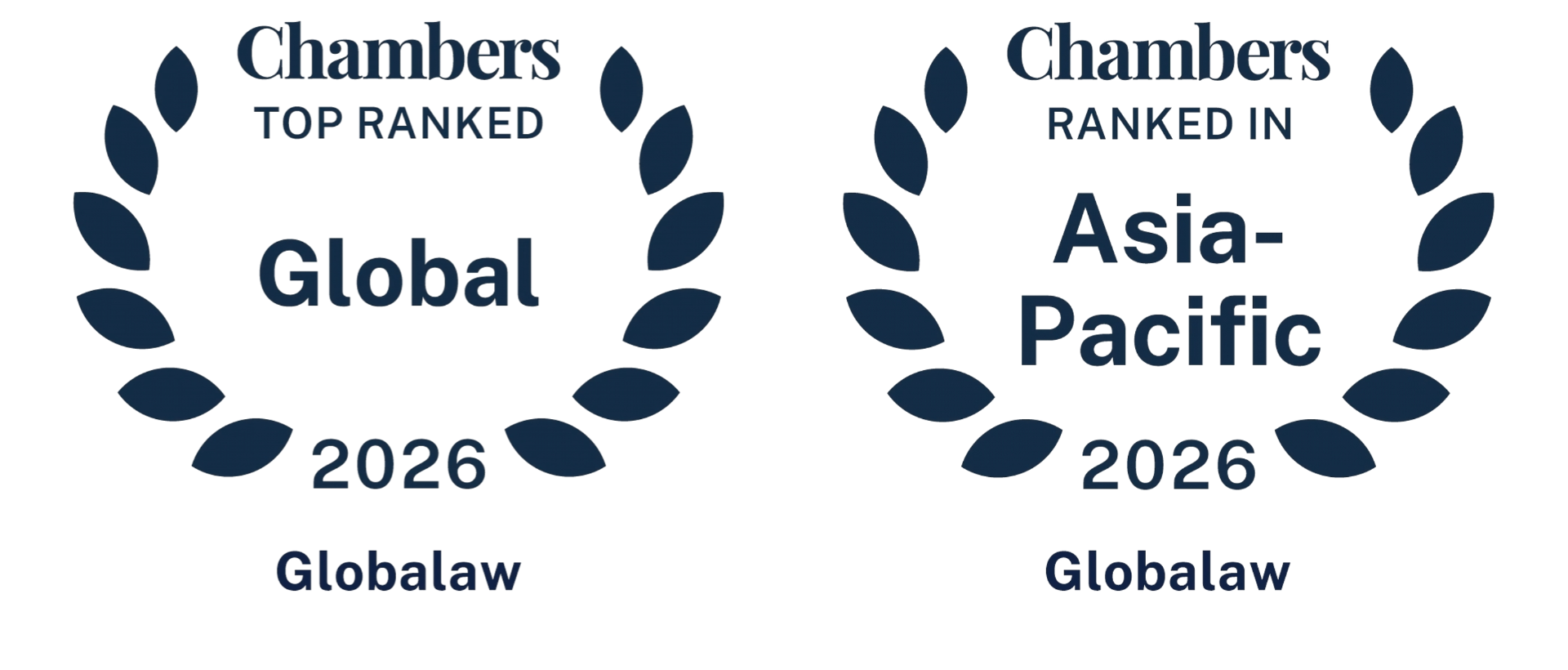Fiercely independent and 100% Canadian
Founded in 1920, Gardiner Roberts LLP’s distinctive identity was shaped by the colourful characteristics, charm, and contributions of its founders, Harry Parkinson and H. Fred Parkinson, celebrated for his technical precision and meticulous appellate work, and Frederick G. “Big Daddy” Gardiner, a larger-than-life civil litigator and politician who became the first Chairman of Metropolitan Toronto.
Fiercely independent and 100% Canadian, Gardiner Roberts has grown deliberately to just over 100 lawyers, large enough to offer full-service solutions yet small enough to build deep client relationships.
“The firm has never believed in growth for growth’s sake,” said Gordon Hearn, Partner and Co-Chair of the Transportation and Logistics Group at Gardiner Roberts. “We base our organisational goals on keeping our clients’ businesses successful in the short term while evolving to meet their long-term interests.”
This approach has anchored the firm’s success for over a century.
Collegial, Collaborative Culture
Gardiner Roberts cultivates a notably collegial and collaborative culture where attorneys, professionals and students enjoy a supportive environment that prioritises open communication and teamwork, working alongside talented professionals committed to mentorship and development.
The firm actively fosters diversity, respect, and inclusion through progressive initiatives, including strategic recruiting, mentoring, networking, and comprehensive career development programmes. Gardiner Roberts has been listed among the Best Workplaces in Canada for Women and Inclusion by Great Place to Work
Giving back is embedded in the firm’s DNA. Through extensive pro bono work and community service, Gardiner Roberts nurtures both a sense of social responsibility and the professional development of its lawyers.
Comprehensive Legal Expertise
Gardiner Roberts offers comprehensive legal services across a broad range of practice areas, including business and corporate commercial, commercial real estate, employment law, energy law, financial services, health law, insolvency and restructuring, intellectual property, litigation and dispute resolution, non-profit and charities, securities and corporate finance, tax and estate planning, and transportation and logistics.
Industry specialisation includes banking, finance, insurance, infrastructure, life sciences, manufacturing, media, mining, private equity and venture capital, and transportation and logistics
The firm’s diverse clientele spans Fortune 500 and international corporations, local businesses, and emerging start-ups.
The Gardiner Roberts Advantage
“The firm’s client-centric approach balances expertise, relevant experience, and responsiveness to deliver timely, custom-tailored solutions,” said Hearn.
Gardiner Roberts’ attorneys have earned national and international recognition from clients and peers for their ability to provide full-service law firm capabilities with the efficiency and agility of a mid-sized firm.
Combined with a collaborative culture and overall cost-effectiveness, this creates a distinct advantage over larger, siloed firms.
International Expansion Through Globalaw
Joining Globalaw in 2022 has elevated Gardiner Roberts’ international profile and generated referrals to and from other members.
“The network enables Gardiner Roberts to expand its reach and better serve clients by referring matters to trusted affiliates worldwide,” said Hearn.
--
For more information, visit grllp.com.







